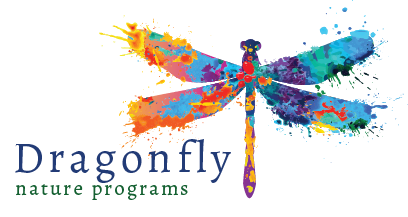“If the only prayer you ever say is thank you, that will be enough.”
Everything I have, everything I need, comes from the Earth. The licorice tea I’m sipping on, the electricity to power my desk lamp, the minerals mined to make computer components, the cotton grown to make my clothing, the air I breathe, the water I cannot live without.
Etc. Etc. Etc.
It all comes from the Earth.
And it’s easy to forget that. Our degree of separation from the land, from non-human creatures on this planet, seems to deepen with each generation (of people and of next gen. computer technology).
My son and I read a book last month called “The Birchbark House” by Louise Erdrich. It is a year in the life of a native family, living in North America in the 1800’s when the white expansionists ventured deeper and deeper into the interior of what now is the United States. In the first chapter of the novel, young Omakayas and her grandmother or Nokomis, were out in the forest, looking for the trees that would sacrifice their bark for the summer shelter the family needed to build. The act of finding the right tree was a spiritual one for Nokomis, as she taught her granddaughter what to look for and how to harvest the bark, but not before an exchange between the old medicine woman and the tree itself.
“Old Sister,” she said to the birchbark tree, “we need your skin for our shelter.” At the base of the tree, Nokomis left her offering, sweet and fragrant.”
Nokomis was under the impression that the spirits or “manitous” liked tobacco best.
Throughout the book are similar events, of the family’s survival being dependent on what their immediate environment could directly provide, and the displays of gratitude the family demonstrated for Earth’s gifts. There was no degree of separation between this family and their environment. One hundred plus years later, we’ve convinced ourselves that the divide between our lives and the living Earth is great and is natural. (Our year of hiding from a virus should be an obvious example of how close we are to the natural world, but I digress.)
Not only do we take and we take and we take from Earth, but when we do give back, it’s often degraded goods we return. Polluted air, chemical waste diluted in rivers, toxins used to manufacture goods we readily dispose of (and then buy more), the littering of waste in our natural spaces. All of this ends up impacting the food chains we are dependent on, the water that gets piped back to our homes for consumption and the air we breathe.
My waste and your waste is returned to the Earth, and some of it will remain on this planet longer than we will, saved for the next generation of people to live with, deal with and maybe even die from.
Or maybe we should pause before I dig us any deeper into this morose cycle of shame!
Can we find small, everyday ways to reconnect to nature? Can we take less, waste less, return to Earth what we no longer want in a more pristine state? Can we live through example, knowing little ones are watching, and can we sacrifice our time (like Nokomis sacrificed her tobacco) to educating our little ones about how precious and important a healthy planet is? We can teach our children to live more sustainably and graciously toward the Earth and if done early enough, we can influence a whole lifetime of gratitude for all our planet provides us.
To help you get started, I designed a nature study on gratitude. It is free for all, can be done in a classroom, or a kitchen, sent out virtually, done in whole groups or at a distance of 6 feet apart. It does not require any materials other than what every school and household generate already.
Thank You, Earth: A Nature Study on Gratitude
In this season of receiving and giving, I write to remind you, that we are more closely dependent on our Planet Earth than we are typically, consciously willing to acknowledge. Wake up to this, for your own wellbeing, and so that you can help me, teach our children that only a healthy Earth can supply our survival needs and our Earth is only as healthy as we humans, allow it to be.
Thank you, Earth. Thank you. Thank you to all the organizations who work to preserve and restore. Thank you, friends for reading. Thank you for taking this gratitude lesson, making it your own and for sharing this resource with others.
Thank you,

